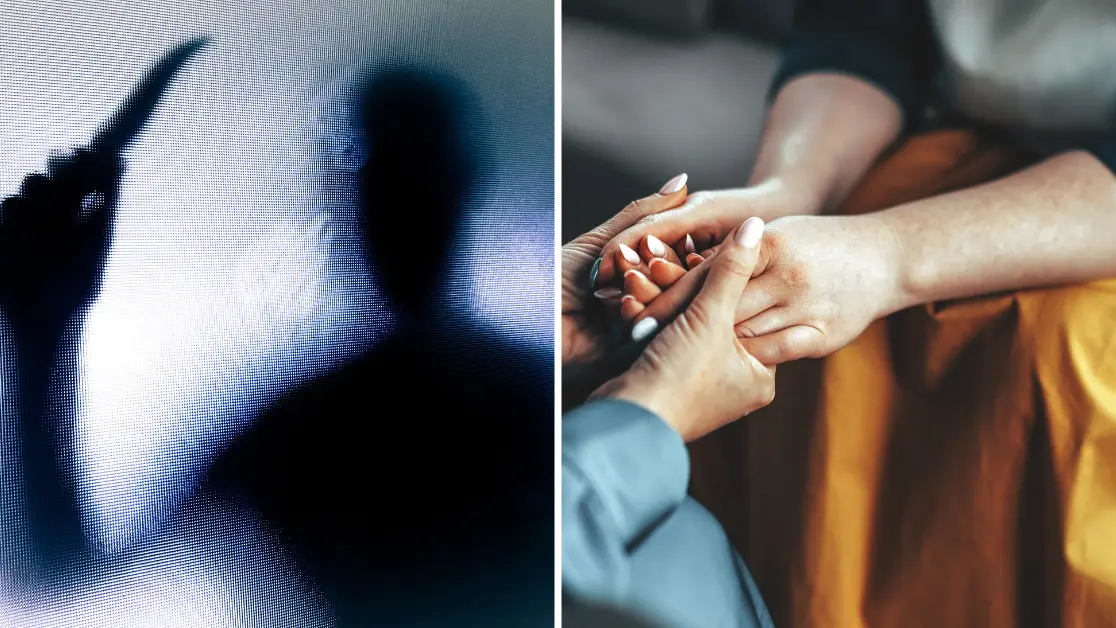
Scientists have discovered that psychopaths could be identified by a very surprising physical trait.
Canadian researchers published their findings from the study - which involved 88 volunteers, 44 of which had psychiatric issues and 36 people without any reported mental health conditions - in The Journal of Psychiatric Research.
While we already know there are a number of tell-tale signs when it comes to psychopathic behaviour, researchers have also shared their analysis of their physical attributes which suggested there is some correlation between those with psychiatric conditions and one specific physical trait.

Advert
According to the study, those with a clinically diagnosed condition were more likely to have a shorter index finger and a longer ring finger - AKA what is known as a '2D:4D ratio'.
“Compared to healthy controls, individuals with a clinically diagnosed psychiatric issue were more likely to have a shorter index finger and longer ring finger," the study explained.
According to research, those who have lower 2D:4D ratio are known to be more associated with what scientists call the 'Dark Triad' personality traits.
These are 'highly socially discouraged attitudes, namely machiavellianism, narcissism and psychopathy'.
Apparently, those who scored high on the Dark Triad evaluation 'also scored high on mental toughness and sports performance, but also on various types of negative psychosocial and psychological outcomes, including intolerance of uncertainty, anxiety sensitivity callous affect, and interpersonal manipulation'.

If you do have this particular trait, don't panic, it doesn't mean you're about to transform into a psychopath.
Lead author, Serge Brand, says it's actually very common for lots of people.
Apparently, the trait can develop in utero when a baby is exposed to higher levels of testosterone and lower oestrogen in the first trimester.
Serge told PsyPost: "The topic is interesting, because the relation of the lengths of index finger (2D) and ring finger (4D) is one of the most robust biological markers formed during the prenatal stage with a remarkable impact later on an adult’s behaviour.
"The more an adult participant had signs of psychopathology, the more it appeared that this adult has been exposed to higher testosterone concentrations and lower oestrogen concentrations during the prenatal period of life.
"It is important to understand that the finger lengths-ratio as a proxy of a specific exposure to prenatal sex steroids should not be understood as a person’s irrevocable fate."
So... do you have this trait? *Checks fingers*
Topics: Life, Mental Health, Science